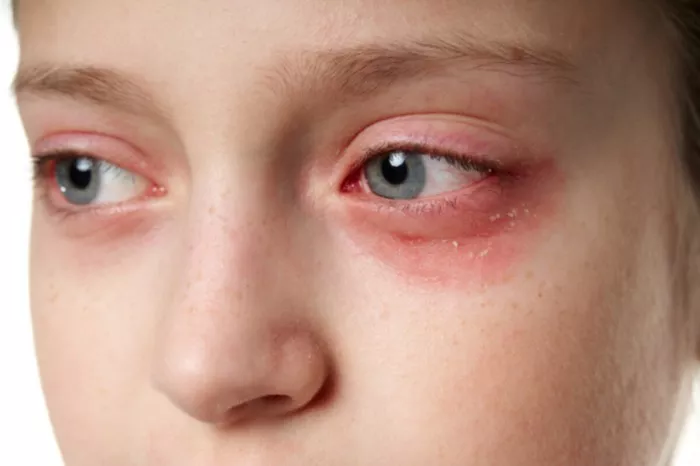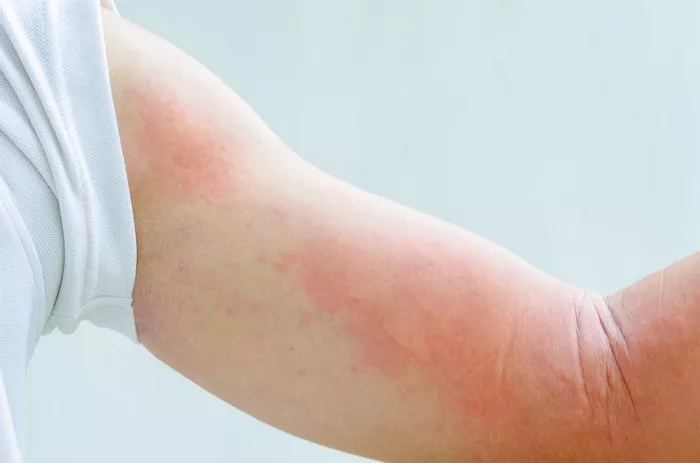Eczema, a chronic skin condition characterized by inflammation and irritation, presents unique challenges in daily skincare routines. Among these challenges, determining the optimal frequency of showering stands out as a crucial aspect of managing eczema effectively. While cleanliness is essential for overall skin health, excessive showering can exacerbate eczema symptoms by stripping the skin of its natural oils and disrupting its delicate balance. In this article, we delve into the intricacies of shower frequency for individuals with eczema, offering insights and practical tips to strike the right balance between hygiene and skin care.
Understanding Eczema and its Impact on Skin Health
Before delving into the specifics of shower frequency, it is essential to grasp the nature of eczema and its effects on the skin. Eczema, also known as atopic dermatitis, is a chronic condition characterized by inflamed, itchy skin. It can manifest in various forms, ranging from mild to severe, and often involves periods of flare-ups and remission.
Individuals with eczema typically have a compromised skin barrier, which means their skin is less effective at retaining moisture and protecting against irritants and allergens. This impaired barrier function makes the skin more susceptible to dryness, itching, and inflammation, exacerbating the symptoms of eczema.
The Role of Showering in Eczema Management
Showering plays a pivotal role in personal hygiene and skincare routines, but for individuals with eczema, it can be a double-edged sword. On one hand, regular showering helps remove dirt, bacteria, and other irritants from the skin, reducing the risk of infection and inflammation. On the other hand, excessive exposure to water and harsh cleansers can strip the skin of its natural oils, further compromising its barrier function and triggering eczema flare-ups.
Factors to Consider in Shower Frequency
Determining how often to shower when you have eczema requires careful consideration of several factors, including the severity of your condition, your skin type, environmental factors, and personal preferences. Here are some key considerations to keep in mind:
1. Severity of Eczema: Individuals with mild eczema may be able to tolerate more frequent showers, while those with moderate to severe eczema may need to limit showering to avoid exacerbating symptoms.
2. Skin Type: Dry skin is a common feature of eczema, so it’s essential to choose gentle cleansers and moisturizers specifically formulated for dry, sensitive skin. Avoid harsh soaps and detergents that can strip the skin of its natural oils and exacerbate eczema symptoms.
3. Environmental Factors: Factors such as climate, humidity levels, and exposure to allergens can influence how often you need to shower. In hot, humid climates, you may need to shower more frequently to remove sweat and prevent bacterial growth. In drier climates, however, frequent showering can further deplete the skin’s moisture levels.
4. Personal Preferences: Ultimately, the frequency of showering should also take into account your personal comfort and preferences. Some individuals with eczema may find that daily showers help alleviate itching and discomfort, while others may prefer less frequent bathing to avoid drying out their skin.
Tips for Showering with Eczema
Regardless of how often you choose to shower, certain strategies can help minimize the risk of exacerbating eczema symptoms and promote healthier skin:
1. Limit Shower Duration: Keep your showers short, ideally no longer than 10-15 minutes, to minimize exposure to water and prevent excessive drying of the skin.
2. Use Lukewarm Water: Hot water can strip the skin of its natural oils and exacerbate eczema symptoms. Opt for lukewarm water instead, which is gentler on the skin.
3. Choose Mild Cleansers: Use gentle, fragrance-free cleansers specifically formulated for sensitive skin. Avoid harsh soaps and detergents that can irritate the skin and trigger flare-ups.
4. Pat Dry, Don’t Rub: After showering, gently pat your skin dry with a soft towel instead of rubbing, which can further aggravate eczema-prone skin.
5. Moisturize Immediately: Apply a rich, emollient moisturizer to damp skin immediately after showering to lock in moisture and prevent dryness. Look for products containing ingredients like ceramides, hyaluronic acid, and shea butter.
6. Consider Shower Alternatives: On days when you don’t shower, consider using gentle cleansing wipes or a damp washcloth to freshen up without exposing your skin to excess water and cleansers.
Conclusion
Navigating shower frequency with eczema requires a delicate balance between maintaining cleanliness and preserving the skin’s natural barrier function. By considering factors such as the severity of your condition, your skin type, and environmental influences, you can develop a personalized showering routine that promotes healthier, more resilient skin. Remember to prioritize gentle skincare practices, moisturize regularly, and listen to your body’s signals to ensure optimal eczema management. With proper care and attention, you can minimize flare-ups and enjoy smoother, more comfortable skin despite living with eczema.

























